The Covid-19 pandemic has had a major impact on our living habits. Beyond questions, many of us have been facing continuous challenges that can be extremely stressful and overwhelming.
On top of that, our daily lifestyle gets disrupted when we are required to self-isolate. Forced to be within the four walls of your room until the quarantine or isolation safely ends, can trigger a lot of unwanted emotions and feelings, uncertainties that could eventually affect your mental well-being.
Learning to cope with your emotions, handling stress in a healthy way and caring for your overall well-being will help you, the people you care about and those around you become more resilient.
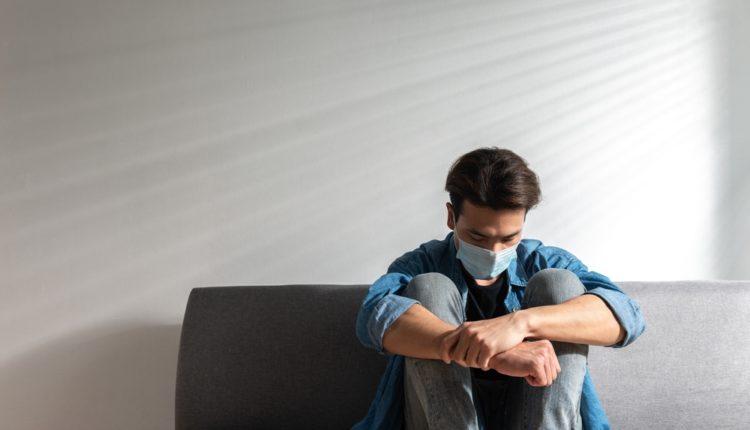
Isolation emotions
We truly understand the necessity of self-isolation as it helps to combat the spreading of the infectious disease (Covid-19) and slow the spread of infection across a population. Regardless of it, isolating yourself can be a challenge, especially for people who deal with anxiety and depression.
Some of the feelings that may present itself during the self isolation period are as mentioned:
- Feelings of fear, anger, sadness, worry, numbness, or frustration.
- Changes in appetite, energy, desires, and interests.
- Difficulty concentrating and making decisions.
- Nightmares or problems sleeping.
- Physical reactions, such as headaches, body pains, stomach problems or skin rashes.
- Worsening of chronic health problems and mental health conditions.
- The need to consume alcohol or illegal drugs.
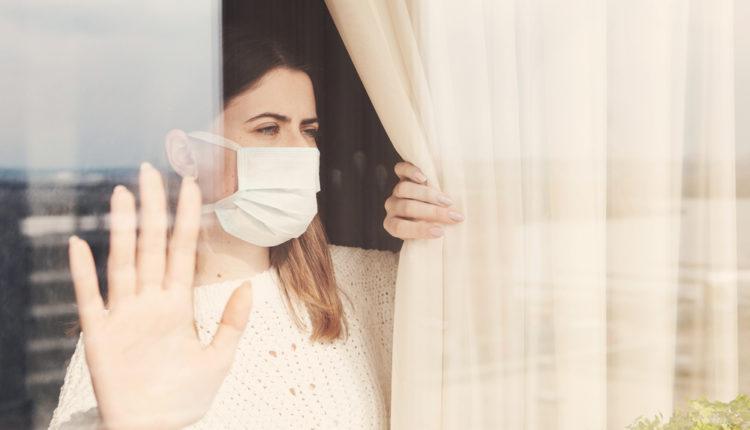
Healthy ways to cope with self-isolation
If you are required to undergo self isolation, we have some tips on how you can make the most out of that period and to lift your mood. However, do note that these coping tips are listed as a guide only. If you are in need of some professional help, do not hesitate to seek it. Organisations such as Befrienders have hotlines that make it possible for you to speak to someone about your mental health without the need to meet face-to-face.
#1 Stay close to your normal routine
Being in isolation does not and should not stop you from carrying out your normal routine. However, if you have Covid-19 then the best thing to do is to rest. In the event where you’re a close contact with someone who’s tested positive of Covid-19, you’re still able to stay close to your normal routine.
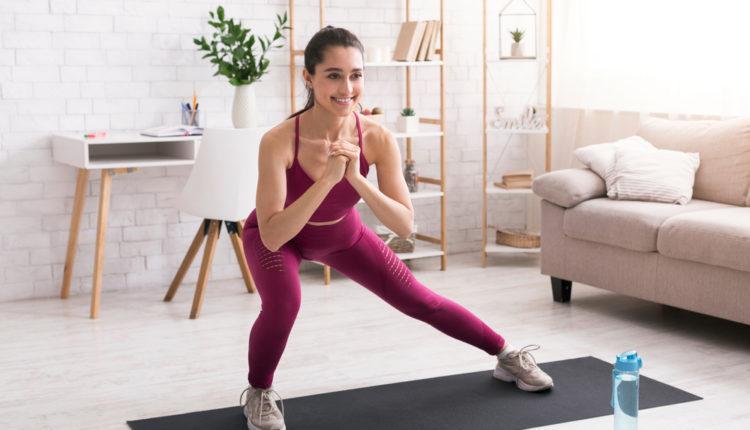
#2 Take a chill pill
Another way to utilise your isolation period is simply to take a chill pill and unwind yourself by binge-watching some TV shows or movies on your favourite platforms. Snuggle deep into your blanket, turn your laptop on and enjoy a good show. This would be the best time to catch up on some latest yet trending shows.
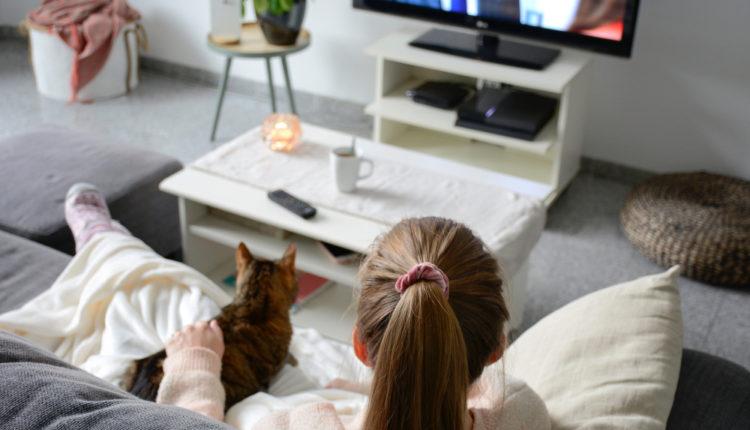
#3 A hobby it is!
Make the most out of your time alone and do something you have been putting off due to your busy schedule. For instance, this would be the ideal time to read the book you have been dreading to finish, learn a new language or skills, play music instruments, spend time writing, painting — anything you enjoy.
If you enjoy cooking, learn new recipes through the internet and try it out once your isolation period comes to an end.

#4 Self-care will do
Something that many of us have been neglecting to do is to care for ourselves. It is important to pamper yourself every now and then. So, what better time than now?
Before you begin your isolation period, get some of your selfcare products with you. Pamper yourself by doing your nails, learning a new makeup trick or even organising your room. Whatever it is you feel that can lift up your mood, do it!
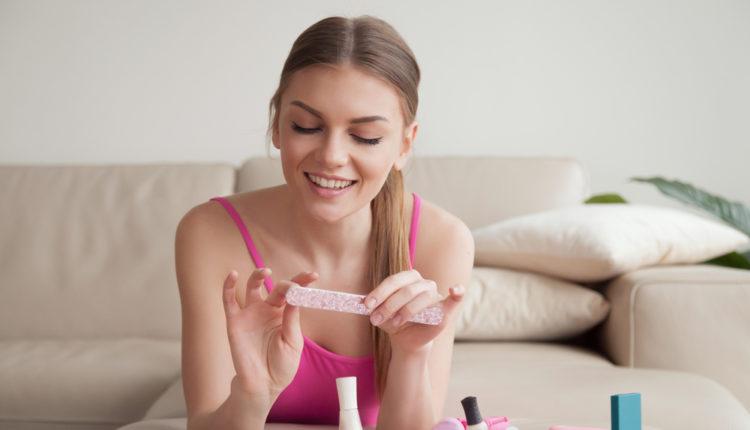
#5 Exercise promotes good health
Move around a little. There are plenty of free access exercise videos which you can use as a guide to exercise, right in your isolation space! You could also do meditation and focus on breathing which can help with letting go of worry and fear. In general, exercise of any kind can boost your immune system. At the same time it is also a great tool for managing stress and anxiety.
What to do if you’re not feeling better?
If you begin to experience progressing symptoms of Covid-19, seek immediate medical attention. Also, while in isolation, don’t forget to drink plenty of water, eat well, speak to a pharmacist about consuming vitamins and supplements to boost your immune system and get sufficient rest to help with your recovery.
The only difference is that you are not able to leave your room until your isolation period is over. Nonetheless, you can still carry on with the usual stuff you do such as work and exercise. It can be tempting to fall into a more lethargic lifestyle, but try to maintain some semblance of structure from your pre-isolation days. Not only will sticking to your normal routine as closely as possible keep you active and you’re also less likely to spiral.
Sources: Better Health












